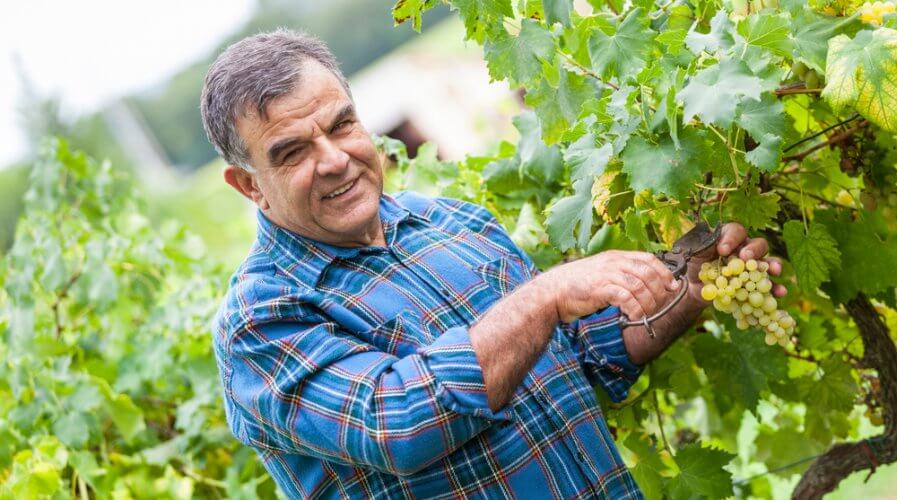
Australian wine lovers will be able to steer clear of tampered wines now. Source: Shutterstock
Taylors Wines leverages tech to wow sommeliers and savants
CAN TECHNOLOGY disrupt wineries and vineyards? It appears so.
One of South-Australia’s first wine families — owners of the Taylors Wines brand — has just announced that it will be leveraging augmented reality (AR) to better engage with customers and NFC-chipped screw caps to guarantee the authenticity of its produce.
The company’s new iOS and Android app allow users to discover the history behind the 50-year-old winery through an AR animation feature.
“This is an exciting new step into how devoted wine drinkers engage with Taylors Wines,” third-generation Managing Director and Winemaker Mitchell Taylor told Packaging News (PKN).
Taylor told media that the company’s tryst with AR is expected to last beyond just its 50th-anniversary celebrations, and that future updates will aim to better engage and entertain customers.
Further, customers buying Taylors Wines’ Legacy 2014 will be able to access the ‘verify’ feature on the app to ascertain the authenticity of the wine using a unique NFC chip installed on the screw cap. The new cap will also indicate whether or not the bottle has been tampered with.
“We’re very excited to be one of the few Australian wineries showcasing this new technology to enhance both the experience and security of our wines, and we look forward to expanding how wine drinkers can engage with Taylors Wines further through this powerful application,” Taylor told PKN.
What Taylors Wines is doing isn’t exactly groundbreaking, but it is quite interesting to see traditional, family-owned winemakers thinking on these lines.
Aside from AR and NFC, another technology that can immediately make an impact on the industry is the blockchain.
Although the technology would need plenty of support from regulators as well as industry partners in order to be valuable, it’s something that is expected to make a lasting impact on the industry — especially as certain wines can be quite expensive and replicas tend to go unnoticed quite easily unless tasted by a trained palate.
Over the past year, consulting giant EY has been championing the use of blockchain in the wine industry and have considerable experience implementing it across parts of Europe.
“People, of course, want to know that what they’re eating and drinking is what it claims to be, and that it comes from a reputable source, but adulterated wine, or fake labels on wine bottles, are major issues for the industry. In Italy alone wine sellers lose EUR2 billion (US$2.23 billion) of revenue because of it,” explained EY Advisory Senior Manager Giuseppe Perrone.
“Blockchain in the wine industry means we can add a layer of transparency and traceability – captured in a decentralized, permanent, time-stamped record – to every stage of the bottle’s journey,” Perrone concluded.
Overall, it’s interesting to see technology making a dent in the wine industry, delivering on customer expectations and delighting sommeliers and savants across the board.
READ MORE
- Aviation giant Airbus turns to chatbots to engage top talent
- In the digital economy, MoneyGram focuses on getting the basics right
- How FedEx uses technology to delight customers in the digital era
- FedEx Express/Ground collaboration will improve last-mile delivery
- Growth is fabulous: Why Foodpanda’s app and team are growing rapidly




